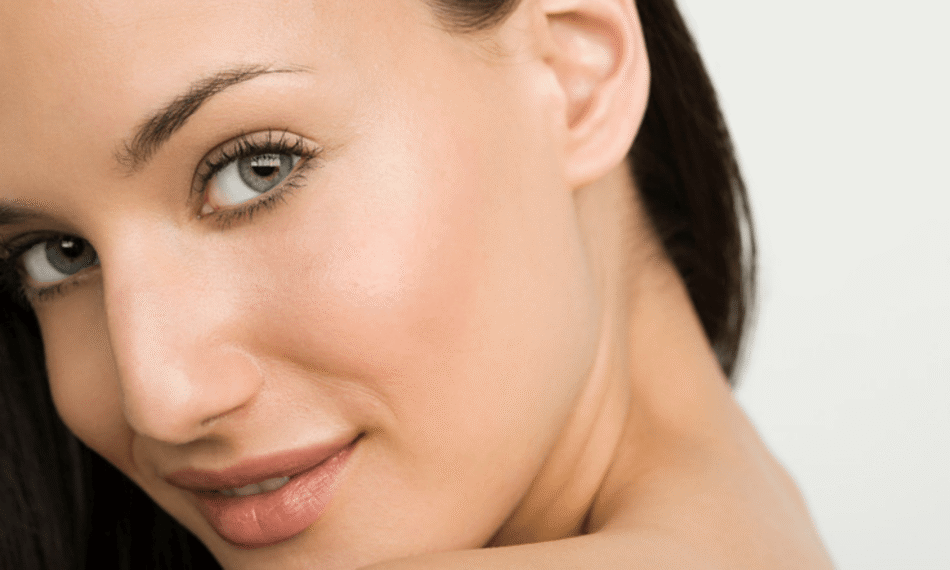Rhinoplasty, often called a nose reshaping procedure, is a significant decision that blends art and precision. While many people are eager to achieve their aesthetic goals, timing is everything. Certain health and lifestyle factors can make it wiser to delay the procedure until conditions are more favorable. Understanding when and why to postpone Rhinoplasty in Dubai ensures both safety and satisfaction.
Understanding the Importance of Timing
Rhinoplasty is not only about appearance—it’s also about breathing comfort, structural balance, and long-term well-being. Timing can greatly affect the results. If someone’s body is not in the right condition for surgery or recovery, even the most skilled techniques may not yield the best outcomes.
Health Conditions That May Require a Delay
Ongoing Respiratory Infections
When someone has a cold, sinus infection, or allergies causing nasal inflammation, rhinoplasty should be postponed. Swelling and congestion can interfere with the procedure and healing process. It’s best to wait until the nasal passages are clear to ensure accuracy and smoother recovery.
Chronic Illnesses That Need Stabilization
Individuals with conditions such as diabetes, hypertension, or autoimmune disorders should ensure their health is stable before undergoing surgery. These conditions can influence healing time and the body’s ability to manage stress. A period of medical stability reduces complications and supports a smoother recovery journey.
Recent Surgeries or Illnesses
If someone has recently undergone another surgical procedure or experienced a major illness, it’s crucial to allow the body time to heal. The immune system needs to be strong enough to handle anesthesia and recovery demands. Adequate rest between procedures ensures better outcomes overall.
Hormonal or Immune Fluctuations
Changes in hormones—such as during pregnancy, breastfeeding, or major hormonal treatments—can affect tissue healing and fluid balance. Postponing rhinoplasty until hormones stabilize helps ensure consistent results and reduces recovery challenges.
Lifestyle Factors That Can Affect Timing
Smoking and Vaping Habits
Nicotine reduces oxygen flow, which is vital for tissue repair. Those who smoke or vape are encouraged to stop for a period before and after the procedure. If someone is not ready to quit, it’s often better to delay rhinoplasty until they can maintain nicotine-free habits for a suitable duration.
Alcohol Consumption and Poor Nutrition
Excessive alcohol or poor dietary habits can weaken the immune system and slow recovery. If someone’s current lifestyle includes regular drinking or nutrient-deficient meals, it may be beneficial to delay rhinoplasty. A well-balanced diet rich in vitamins and proteins supports tissue repair and overall healing.
Intense Physical Activity or Sports Participation
Athletes or individuals who engage in contact sports should carefully plan the timing of rhinoplasty. The nose remains delicate during the healing phase, and any impact can affect results. Scheduling surgery during an off-season or a break from intense activity allows for undisturbed recovery.
High Stress Levels or Lack of Rest
Stress affects the body’s ability to heal efficiently. Those experiencing major life transitions—such as moving, job changes, or emotional challenges—might find it better to postpone rhinoplasty until they can relax and focus on recovery. Adequate sleep and mental calmness contribute to smoother healing.
Psychological Readiness and Expectations
Emotional Preparedness
Beyond physical readiness, emotional balance plays a vital role. Rhinoplasty is a personal decision that requires a clear, calm mindset. If someone is seeking surgery during a period of emotional distress or impulsivity, waiting until they feel more stable ensures thoughtful, confident decision-making.
Unrealistic Expectations
If expectations are based on external pressure or the desire to please others, it might be best to pause. The most fulfilling outcomes occur when individuals seek rhinoplasty for themselves, with realistic expectations about subtle, natural changes rather than perfection.
Seasonal and Environmental Considerations
Allergies and Weather Sensitivity
For individuals with seasonal allergies, choosing a surgery date during low-allergy months may help reduce discomfort. High pollen seasons can cause nasal swelling, making recovery less pleasant. Similarly, extreme heat or cold can affect comfort during recovery. Waiting for a moderate season often makes healing smoother.
Travel Plans and Busy Schedules
Rhinoplasty recovery requires rest and limited movement. If someone has upcoming travel plans or a packed schedule, it’s wise to delay the procedure until they can take sufficient downtime. Planning a calm recovery window helps ensure the best results.
FAQs
When is it safe to go ahead with rhinoplasty after an illness?
It’s best to wait until the body is fully recovered, symptoms are gone, and energy levels have returned to normal. The immune system should be strong enough to support healing and resist infections.
Can stress really affect recovery after rhinoplasty?
Yes. High stress levels can influence the immune response and delay tissue healing. Calmer mental states support smoother recovery and more consistent results.
How long should someone wait after quitting smoking before rhinoplasty?
Ideally, individuals should maintain nicotine-free habits for several weeks before and after the procedure. This allows the body to restore optimal oxygen levels and healing capacity.
What if someone catches a cold close to the surgery date?
If a cold develops near the scheduled date, it’s generally safer to reschedule. Performing rhinoplasty with nasal congestion or infection increases risks and makes recovery uncomfortable.
Can athletes get rhinoplasty during training season?
Athletes should avoid rhinoplasty during active competition or training periods. The nose remains delicate during healing, and even minor impacts can affect results. Waiting for a break ensures better protection and recovery.
How can someone know if they’re emotionally ready?
Emotional readiness means feeling confident, patient, and motivated for personal reasons. Those who feel pressured, anxious, or uncertain may benefit from waiting until they feel more assured about their choice.
Conclusion
Rhinoplasty can be transformative, but timing determines much of its success. Health stability, lifestyle balance, and emotional preparedness all influence healing and satisfaction. Delaying the procedure for the right reasons is not a setback—it’s an act of wisdom and self-care. When the body and mind are both ready, rhinoplasty becomes not just a physical enhancement but a confident step toward self-expression.









